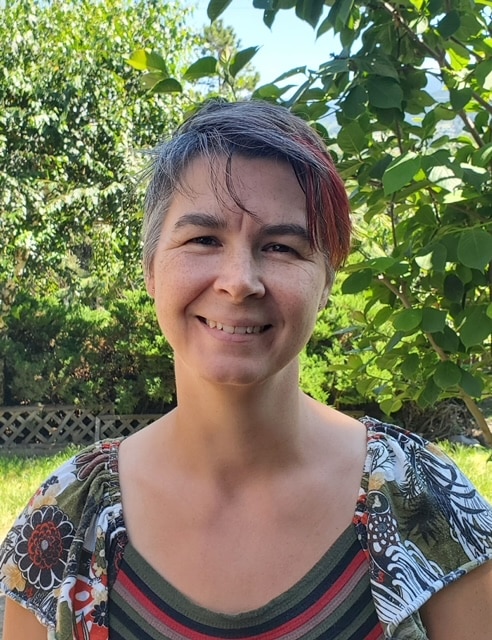
Preparing for Fall & the Holiday Blues
October 7, 2022
I Can’t Meditate…
October 22, 2022Let’s talk about a lesser-known, but no less impactful, form of grief. This is disenfranchised grief, grief that society doesn’t expect, or has limits on its expression. It is when a loss isn’t openly acknowledged or publicly mourned in the way more conventional grief is, such as with the loss of a family member.
Aspects of this type of grief include:
A relationship that is not recognized or discounted. Examples of this are a teenagers grief at the end of a romantic relationship or the loss of an ex-parters family.
An unacknowledged loss. This might be a loss that is not considered socially significant such as the loss of a foster child, the death of a pet, a miscarriage or abortion, homesickness, or the loss of an individual who has experienced personality changes through illness or accident.
When grievers are excluded, a child, a developmentally or mentally challenged individual or an elderly person may be seen as incapable of understanding death.
Circumstances of death – When there is stigma around an individual’s death, such as with the death of a criminal, an AIDS sufferer, or someone who has committed suicide it restricts the expression of grief and support.
Differences in grief expression – If the griever does not express grief in a socially acceptable way, such as through drug use, or showing no emotion. This can also include expectations around how long someone should grieve.
Some ways to support someone suffering from disenfranchised grief are reducing the self-silencing feelings of guilt and shame, normalizing emotions, and encouraging them in meaning-making, such as participating in a ritual like burning a candle in memory of the loss.
Recognizing the reality of disenfranchised grief is an essential step towards greater individual and societal understanding helping those experiencing grief feel less isolated.
Cordaro, M. (2012). Pet Loss and Disenfranchised Grief: Implications for Mental Health Counseling Practice. Journal of Mental Health Counseling, 34(4), 283–294.
Lynes, D., & Sitoe, A. (2019). Disenfranchised grief: The emotional impact experienced by foster carers on the cessation of a placement. Adoption & Fostering, 43(1), 22–34.
Mortell, S. (2015). Assisting Clients With Disenfranchised Grief: The Role of a Mental Health Nurse. Journal of Psychosocial Nursing & Mental Health Services, 53(4), 52–57.

Written by: Olivia Donaher, MACP
To book: Click Here





